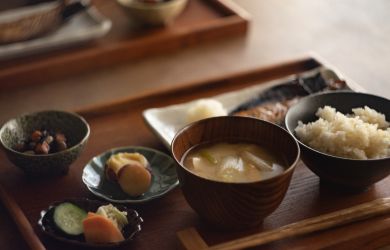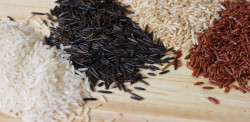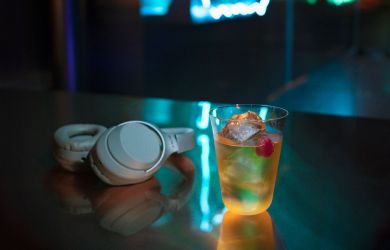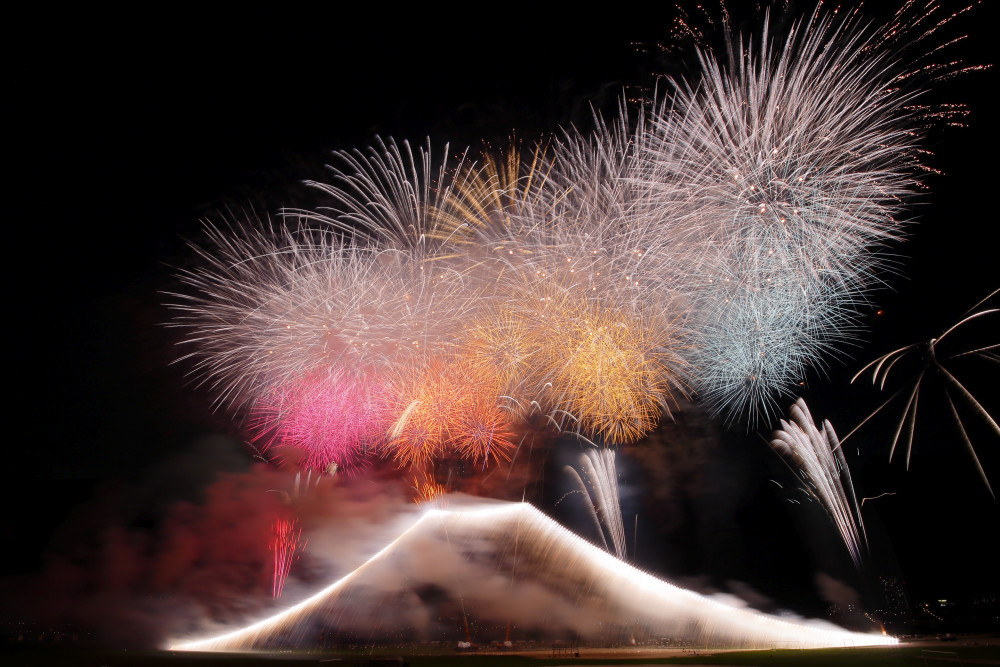
July 28, 2025
Things to Do in Tokyo in August 2025
The rundown of the best events in Tokyo this August
By Joe Pinner
Tokyo Vibes Vol. 7: Art + DJs
August 2
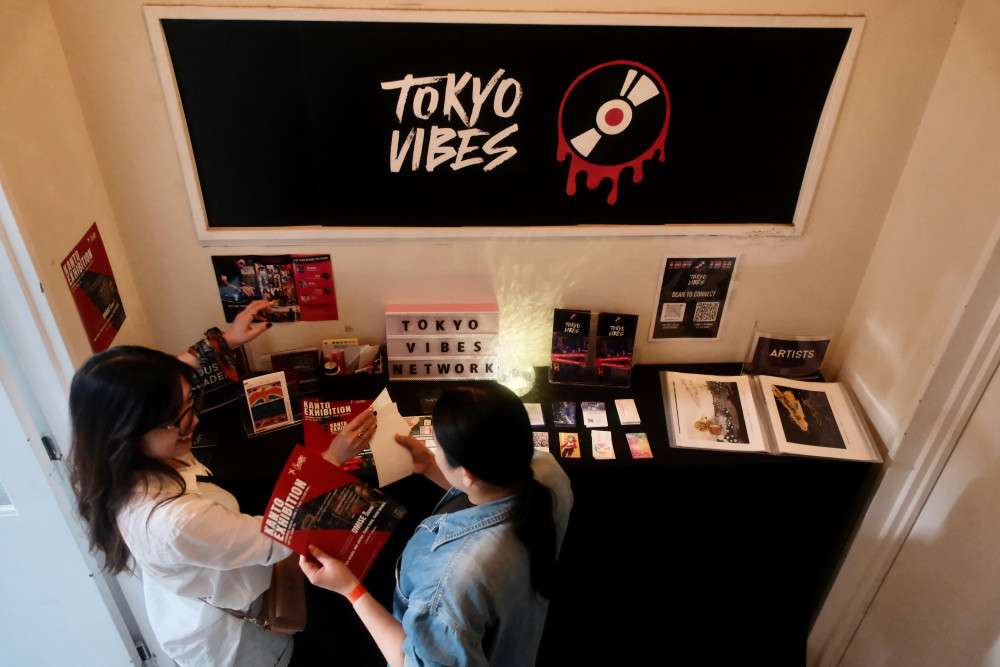
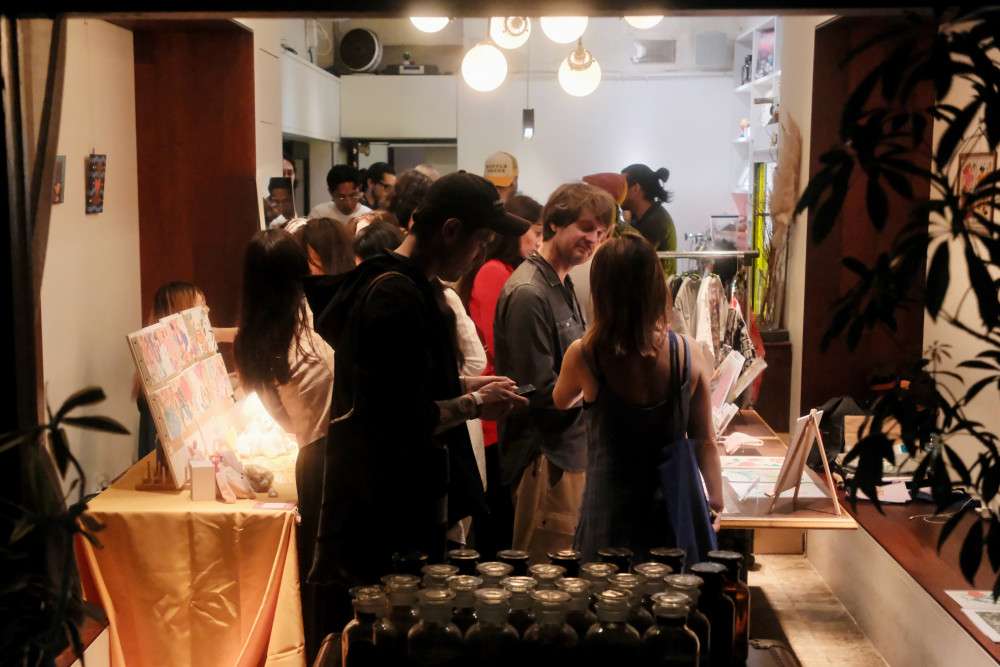
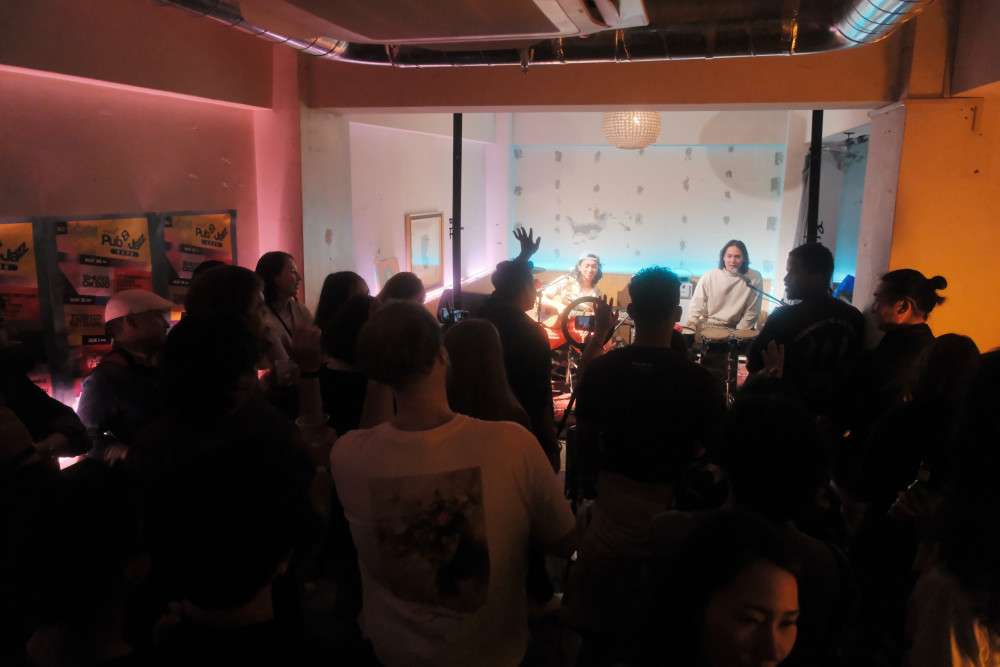
Credit: Courtesy of Tokyo Vibes
A six‑floor arts and music mash‑up in Nihonbashi, Tokyo Vibes Vol. 7 brings together local DJs, visual artists, and laid‑back summer energy. Between 5pm and 10:30pm the A.I.R Building buzzes with beats from artists like Eden Kai and Coolthanksbro, alongside immersive installations and pop‑up creators. Food stalls serve snacks and craft brews to keep you going throughout the night. With minimal crowds, casual vibes, and a friendly crowd, it’s a solid pick for a summer evening with good music and conversation under the city lights.
When: 5pm – 10:30pm
Where: The A.I.R Building
Address: 3-2-8 Nihonbashihoncho, Chuo-ku
Price: ¥2,500
Website:instagram.com/tokyovibes.jp
Advertisement
Geek Out at One Piece Day 2025
August 9 – August 10
One Piece Day ’25 hits Tokyo Big Sight over August 9 and 10, marking its fourth year as a must‑see fan fest. Day 1 focuses on exhibits and merchandise—especially the pop‑up shop open only from 3pm to 5pm—so fans line up early to grab exclusive items tied to the Elbaph Arc. Day 2 ramps up with stage events, Q&A panels, fan game corners, and the “7th One Piece Knowledge King Battle”. With themed installations, bounty hunt games, and surprise guest appearances, it’s full‑on fan immersion. Be sure to register with One Piece Base Crew for the lottery ticket and wander the South Exhibition Halls for exhibits, merch, and cosplay magic.
When: Aug 9: 3pm – 5pm (shop), exhibit 5pm – 8pm; Aug 10: 9am – 6pm
Where: Tokyo Big Sight (South Exhibition Halls 1–3)
Address: 3‑11‑1 Ariake, Koto‑ku
Price: Varies (lottery ticket via BASE CREW)
Website:onepiece-day.onepiece-base.com
Dive into the Fukagawa Festival
August 15
Credit: Edomura no Tokuzo on Wikimedia Commons
The Fukagawa Hachiman Matsuri, at Tomioka Hachiman‑gu Shrine, is Tokyo’s wettest festival on August 15. Since 1642, mikoshi carriers have marched through Koto‑ku streets, splashing each other (and spectators) with purification water as they parade the portable shrines. The thud of taiko drums and chants echo through narrow alleys as women, men, and teens shoulder the shrines amid laughter and splashes. It’s loud, spirited, and humid—bring a change of clothes and prepare to get drenched.
When: Around 10am – 5pm (main parades mid‑afternoon)
Where: Tomioka Hachiman‑gu Shrine
Address: 2‑17‑3 Shirakawa, Koto‑ku
Price: Free
Kabukicho Bon Odori Festival
August 16

Every summer, Kabukicho Bon Odori Festival takes over the square in front of Kabukicho Tower, transforming the area into a swirl of lanterns, music and movement. This isn’t your grandma’s Bon Odori (though she’d be welcome too). Alongside classic folk dances, this year’s lineup includes “Bon DANCE” set to pop hits, a live performance by Tokyo Otome Taiko and an appearance from none other than the NYC-based Blue Man Group.
When: 5:30pm – 8:30pm
Where: In front of Kabukicho Tower
Price: Free
Website: kabukichojimukyoku.seesaa.net
Watch Meiji Jingu Gaien Fireworks & Concert
August 16
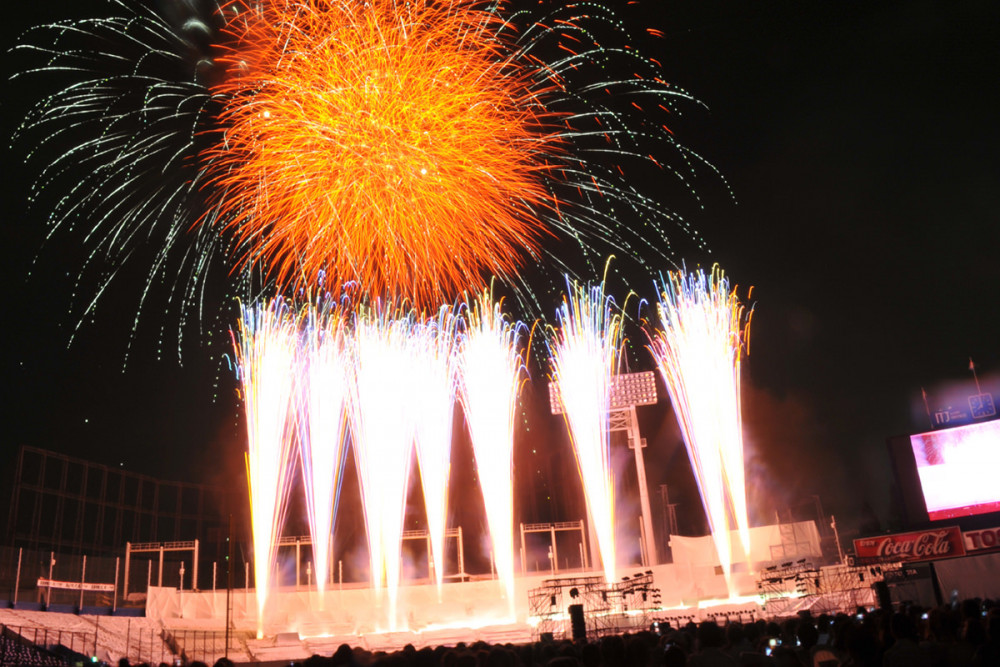
Just behind the lush lawns of Meiji Jingu Gaien Stadium, Tokyo’s only big‑city fireworks show lights up August 16’s evening sky. A live concert inside the stadium fires up from 5pm until about 7:30pm, featuring pop and rock acts popular with summer crowds. Tickets for the concert start at ¥7,000, but you can experience the fireworks from outside for free.
As the bands wrap up, around 10,000 fireworks blast off in colorful bursts over the trees—no train ride or long trek needed. Bring a low mat, arrive early to stake a spot on the grass, and grab snacks from on-site vendors. It’s an easy, festive escape, and perfect if you want fireworks without leaving central Tokyo.
When: 5pm – 9pm (concert then fireworks from ~7:30pm)
Where: Meiji Jingu Gaien Stadium
Address: Gaien‑nishi‑dori 1‑1, Shinjuku‑ku
Price: Free entry to gardens, tickets to music event in Jingu Stadium start at ¥7,000
Website: hjinguhanabi.com
Advertisement
Sonicmania 2025
August 15
Sonicmania is Summer Sonic’s all-night EDM warm-up held at Makuhari Messe on August 15, and it’s not your average after-party. Doors open around 7pm, and from 8 :30pm until roughly 5am, you’ll be swept away by stages like “Mountain”, “Sonic”, “NF”, and “Pacific” featuring acts like The Prodigy, Gesaffelstein, Floating Points (live), Denki Groove, Perfume and others. It’s high-energy rave meets immersive festival—a mix of throbbing basslines, dazzling visuals and dense soundscapes. Note: over‑20 entry only. With tickets from ¥16,000, it’s a serious night out before the Summer Sonic weekend even officially begins.
When: 7pm – 5am
Where: Makuhari Messe
Address: 2-1-1 Nakase, Mihama‑ku, Chiba
Price: ¥16,000 (advance)
Website: summersonic.com/sonicmania
Summer Sonic 2025
August 16 – 17
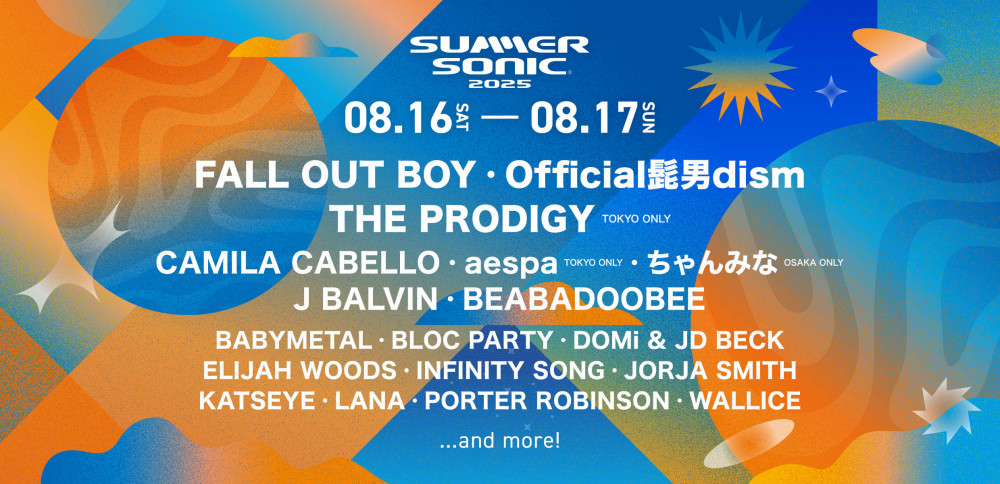
One of the most popular music festivals in Japan, Summer Sonic, is back this Summer with an exciting lineup: think Fall Out Boy, Beabadoobee and J-pop legend, LiSA. Check the official website to stay up to date with performance times, different ticket types and application periods and artist lineups.
When: 10am – 9pm
Where: ZOZO Marine Stadium & Makuhari Messe
Address: 2-1-1 Nakase, Mihama‑ku, Chiba
Price: ¥16,000 (advance)
Website: summersonic.com/sonicmania
Koenji Awa‑Odori Dance Festival
August 23 – August 24
Ending August with a bang, Koenji’s Awa‑Odori is a spectacle of dance, music and summer rhythm. Over August 23–24, around 12,000 dancers in yukata and straw amigasa hats parade through central Suginami‑ku streets, chanting “yattosa, yattosa” to the beat of shamisen, flutes, and percussion. Each group performs choreographed routines, weaving through cheering audiences. No tickets needed: just find a spot by the kuritsugai fencing and enjoy the unifying vibe. Come ready to clap along and maybe even join a dance circle.
When: 6pm – 9:30pm
Where: Around JR Koenji Station
Address: Koenji Honcho, Suginami‑ku
Price: Free
Pro‑Wrestling Action: Wrestle Peter Pan
August 30 – August 31
Wrestle Peter Pan spans two thrilling nights: August 30 at Tokyo Higashin Arena and Aug 31 at Korakuen Hall. Organized by DDT Pro‑Wrestling, it showcases hard‑hitting Japanese wrestling alongside appearances from New Japan Pro Wrestling stars. Night 1 brings high‑octane tag matches and aerial stunts in a spacious arena, while night 2 in the historic Korakuen Hall offers a more intimate, intense ring atmosphere. Tickets range from reserved ringside seats to budget bleachers; grab them early if you want front‑row action.
When: Night 1: 6pm – 9pm; Night 2: 6pm – 9pm
Where: Night 1: Tokyo Higashin Arena; Night 2: Korakuen Hall
Address:
• Higashin Arena: 2‑1‑1 Koraku, Bunkyo‑ku
• Korakuen Hall: 1‑3‑61 Koraku, Bunkyo‑ku
Price: Varies by seat (¥1,000–¥20,000)
Website: ddtpro.jp/schedules
Advertisement
Explore Japan’s Erotic Art at the Kabukicho Shunga Exhibition
July 26 – September 30
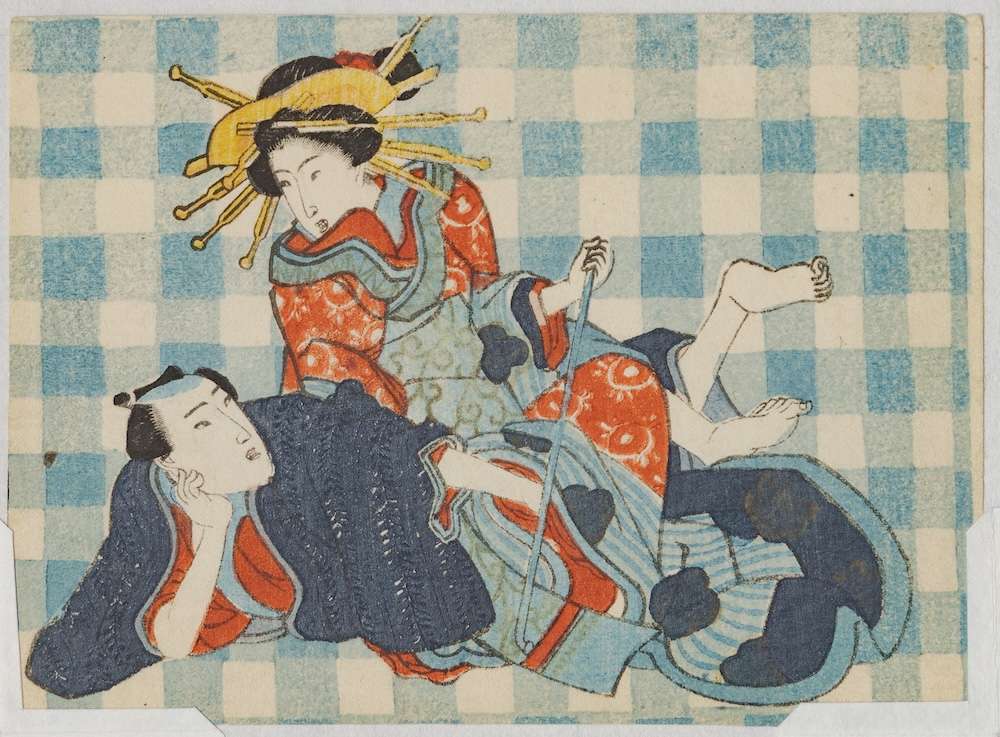
Before censorship, before shame, there was Shunga—Japan’s erotic art form that blended humor, desire and exquisite craftsmanship.
Step into a world where sex was celebrated with ink and intention. The Shinjuku Kabukicho Shunga Exhibition showcases 100 rare prints from the Edo period, displayed inside a real Noh theater—bringing together bawdy brilliance and Japan’s cultural traditions.
When: Tuesday – Friday: 11am – 9pm
Saturday – Sunday: 10am – 9pm
Closed on Mondays
Where: Shinjuku Kabukicho Noh Theater
Address: 2-9-18-2F Kabukicho, Shinjuku-ku
Price: ¥2,200
Website: smappa.net/shunga/eng
Check out our events page for more things to do in Tokyo!


